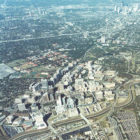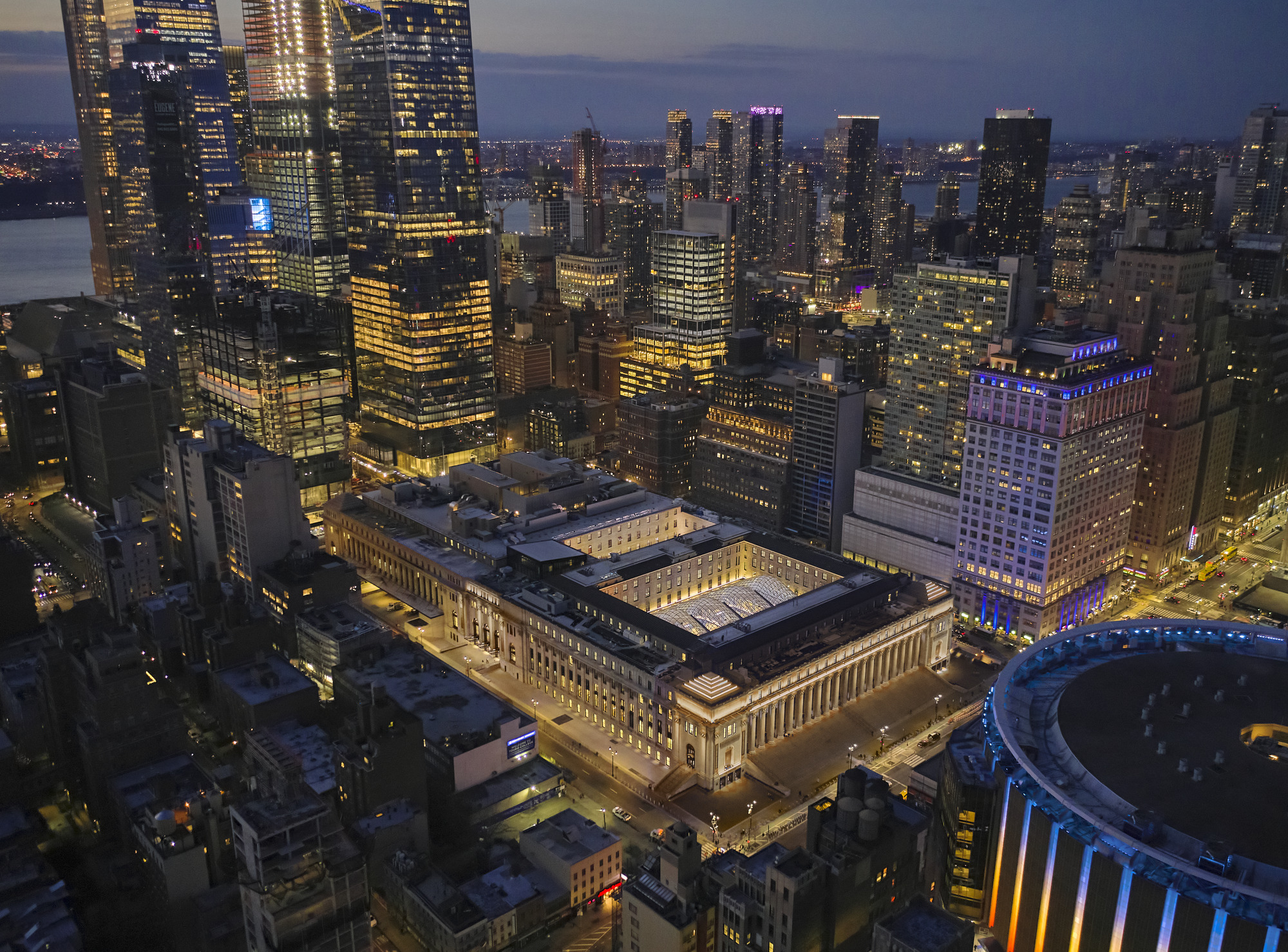A campus for the city
In collaboration with James Corner Field Operations, Cornell University, Technion Israel Institute of Technology, and the City of New York, SOM created the master plan and served as the master architect for Cornell Tech, a new applied sciences university on Roosevelt Island in New York City. Far more than an academic setting, the campus is conceived to catalyze the growth of New York’s emerging technology, research, and innovation industries. The school is free of academic departments—bringing together an open and collaborative community of designers, engineers, entrepreneurs, and scientists who are blurring the boundary between the academic and commercial world.








